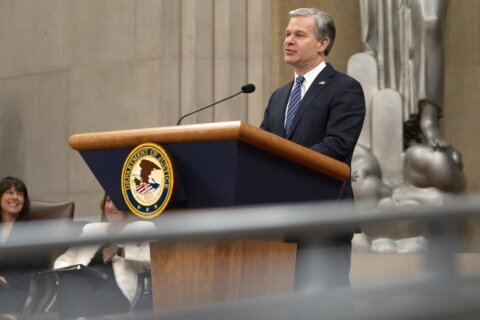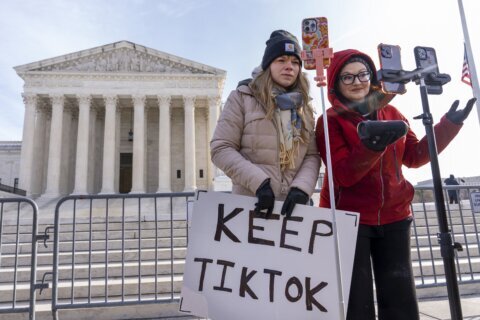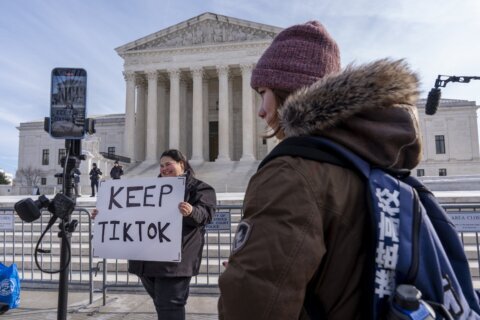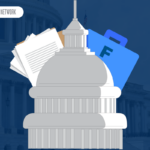Inflation and financial pressure may lead you to examine your bank accounts closely and not like what you see. It pays to make a switch if you’re not happy with your current bank’s interest rates, fees or accessibility. Explore reasons why switching banks might be a good move, whether you want to earn more from your savings, avoid fees or more easily manage your accounts.
[Read: Best Online Banks.]
1. Higher Interest Rates on Savings and Checking Accounts
Frustration with low interest rates relative to other options is one of the most common reasons someone might switch banks, says MaxMyInterest founder and CEO Gary Zimmerman.
Switching banks to get a more competitive rate can impact your long-term savings. For example, if you’re using a traditional savings account that has a 0.01% annual percentage yield and you open a high-yield savings account earning 5% APY, you’ll earn significantly more with the latter.
In a 0.01% APY account, a $10,000 deposit earns only a dollar in interest in a year, whereas the same $10,000 deposit in a 5% APY account earns $500 in a year. The difference grows with time. After 10 years, the 5% APY account would earn $6,288.95, while the 0.01% account would earn just $10.
2. Lower or No Fees
Common bank fees such as monthly maintenance and overdraft fees can chip away at your checking or savings account balance. Banks may offer opportunities to waive fees by meeting criteria such as making direct deposits, maintaining a minimum balance or enabling backup accounts for overdraft protection, but some banks are reducing or eliminating these fees altogether.
It might make sense to switch banks if you’re not able to avoid fees otherwise. “The best way to avoid these fees is to use an online bank, which has lower operating costs and so can afford to serve customers of all sizes without imposing minimum balance requirements,” says Zimmerman.
[See: Best High-Yield Savings Accounts]
3. Better Branch and ATM Availability
You might realize you don’t have adequate access to bank branches or ATMs if you need to withdraw or deposit cash or use in-person banking services. If you move to a new area, the branches or ATMs that were previously convenient may no longer work for you.
Some banks, such as online banks, offer extensive ATM networks even if they don’t have branches. You may also have alternatives available such as withdrawals and deposits at retail partners.
4. Accessibility
Banks that offer a superior online banking and mobile app experience may be preferred by customers who are increasingly reliant on digital banking services. Digital banking tools that are outdated, buggy or lacking in features can erode confidence and make bank accounts less accessible.
Customer service is also a factor in accessibility. “People want to know that their cash is safe, that they can access it when they need it, and that they’re earning a fair and competitive interest rate,” says Zimmerman. “They also want to be confident that if there is an issue, they can reach a human who can help them resolve their problem in a timely and professional manner.”
5. Alignment with Personal Values
Sometimes bank choice is more personal. Customers may choose a bank or credit union because it serves their particular area or company. Banks may also align with the needs of specific populations.
“Some focus on supporting Black entrepreneurs or second-generation Latinos, others provide access to special mortgage programs with down payment assistance or tout LGBTQ community support,” says Jamie Strayer, creator and executive producer of “Opportunity Knocks” on PBS, a show about personal finance and economic mobility. “People want to see themselves in their financial institution. The best banks and credit unions hire people within a specific community to serve that community.”
6. Consolidation of Financial Accounts
You might prefer to keep all of your money at a single bank so it’s easier to manage. Bank transfers can take days but might be instant if you’re just moving money from your checking to savings or vice versa within the same bank. If you can access a bank’s relationship rates with high balances or other criteria, you could get benefits such as waived fees, better terms for credit cards and loans, and higher interest rates on deposit accounts.
However, experts say consolidating your financial accounts to one bank or credit union limits the opportunity to rate shop.
“The only valid reason to keep your deposit accounts, mortgage, auto loans and credit cards at the same institution is if that institution can save you money on all the products,” says Strayer. “The best way to find out is to sit down with a representative and ask them to review all your loans. If they can reduce all the rates and save you money, take all of your business to that financial institution.”
Consolidated accounts could be risky if your balances are too high. If your balances exceed FDIC or NCUA limits, your money is at risk if the bank fails.
Even if all of your deposits are insured, that’s still a problem, says Zimmerman. “If your bank were to fail, you might lose access to all your money at precisely the moment you need it most.”
Zimmerman says it’s wise to maintain multiple bank relationships, spreading your cash across several banks so that there’s no single point of failure.
Switching banks can offer significant benefits, such as higher interest rates, lower fees and better access to banking services. If you aren’t satisfied with your current bank, consider other options that better align with your needs and financial goals.
“People are struggling to make ends meet,” says Strayer. “Inflation is driving those living paycheck to paycheck to count every penny. Fees that were previously acceptable are now breaking the bank, causing people to switch.”
More from U.S. News
How Many Checking Accounts Should You Have?
What Is a High Interest Savings Account?
How to Open a Bank Account Online
6 Reasons to Switch Banks originally appeared on usnews.com













